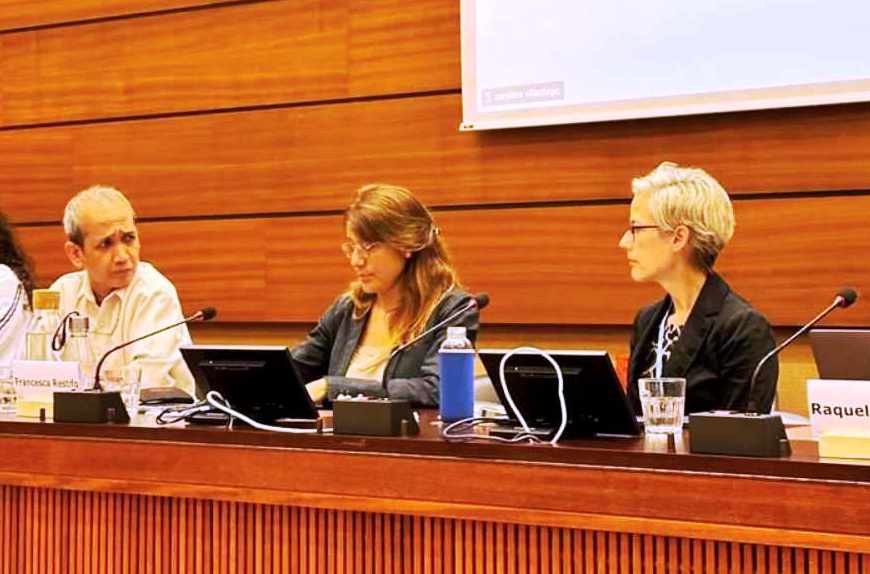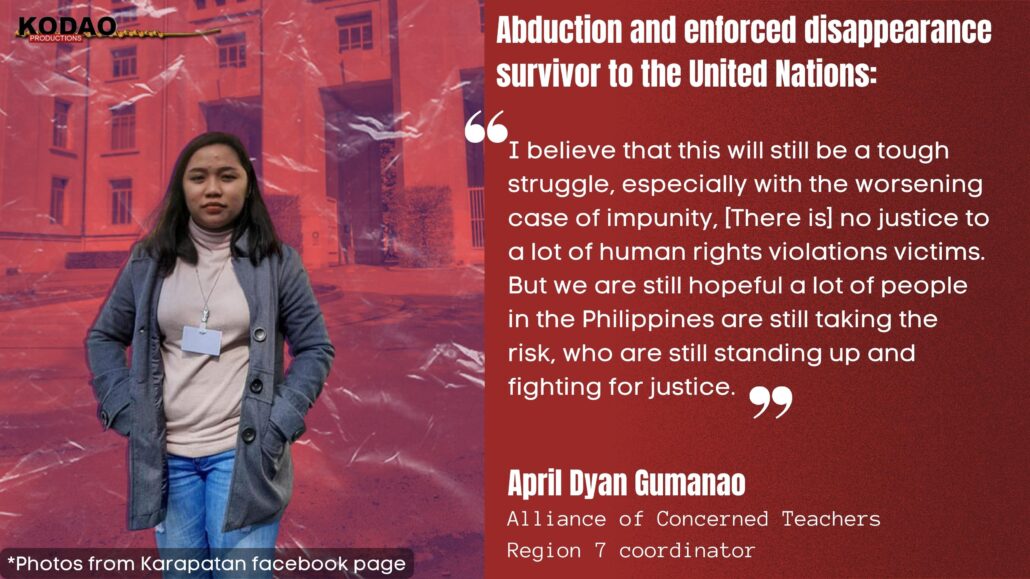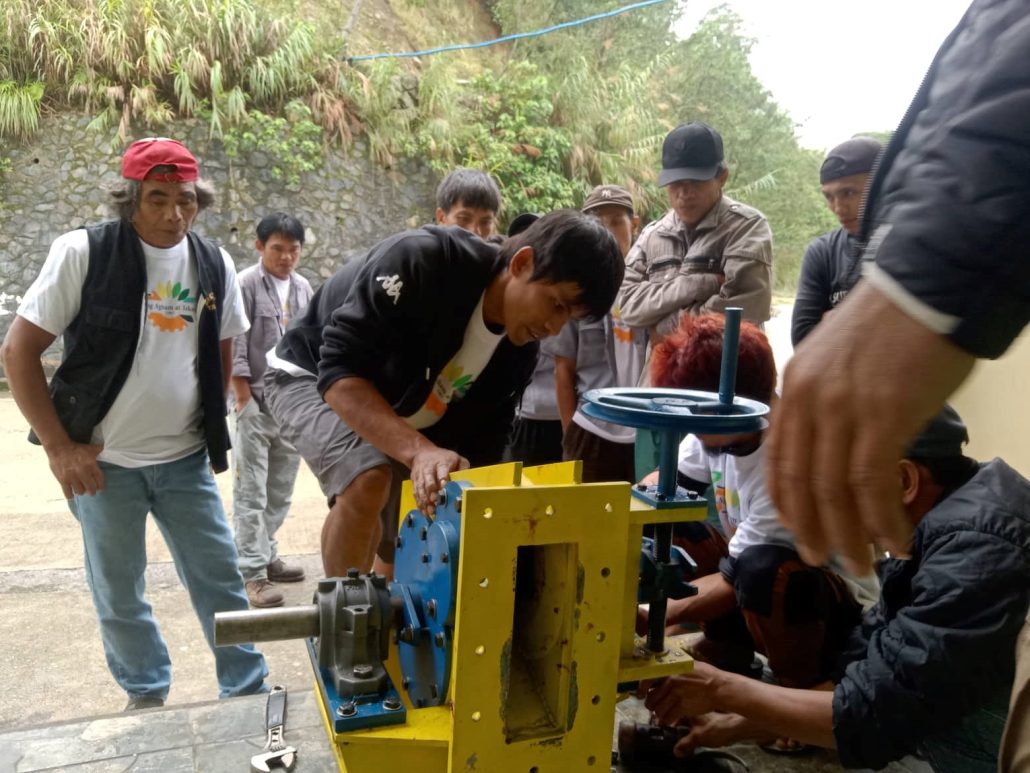Rights defenders ask UN: ‘Probe alarming record of Marcos gov’t’
A group of Filipino human rights advocates are in Geneva, Switzerland to attend the ongoing 54th Session of the United Nations Human Rights Council (UNHRC) and seek an evaluation of the United Nations Joint Program (UNJP) being implemented in the Philippines.
A delegation of the Philippine UPR (Universal Periodic Review) Watch said the UN must conduct a comprehensive, relevant and participatory evaluation of the program as it is failing to improve the human rights situation in the country.
The UNJP is also unable to significantly address continuing human rights violations in the Philippines with the Ferdinand Marcos Jr. presidency virtually indistinguishable from the Rodrigo Duterte regime in terms of red-tagging, weaponization of laws and the people’s worsening poverty.
“PH UPR Watch calls on the UNHRC to seriously look at the alarming human rights record of the Marcos Jr. administration and the harmful policies perpetuating it,” the PH UPR Watch in a statement said.
The delegation said the Marcos government is abusing the Anti-Terrorism Act of 2020 and the anti-terrorism financing law in persecuting critics even as the UNJP is being implemented by the UN, the Philippine government and private sector stakeholders.
Launched in 2021, the UNJP is an attempt to help the Philippine government in realizing its responsibilities in recognizing and upholding human rights.
The program conducts trainings and dialogues with the military, police and various government agencies on human rights and international humanitarian law in partnership with the Commission on Human Rights and civil society groups.
The Duterte government agreed to the program in place of a full investigation as recommended by the UNHRC following an Iceland-sponsored resolution in 2019 to probe into thousands of deaths resulting from the so-called drug war in the Philippines.
PH UPR Watch however said that there had been no significant improvement on the human rights situation in the Philippines even after three years of UNJP implementation, evidenced by the worsening weaponization of laws and incessant red-tagging by the National Task Force to End Local Communist Armed Conflict of critics and political dissenters.
The delegation also complains of an ongoing wholesale violation of the Filipino people’s economic rights as shown by uncontrolled rise in the prices of oil products and basic food items.
The PH UPR Watch delegation at the UNHRC’s 54th Session is composed of representatives from Karapatan, National Union of Peoples’ Lawyers, Kalikasan People’s Network for the Environment, National Council of Churches in the Philippines, United Church of Christ in the Philippines, Alliance of Concerned Teachers, Rise Up for Life and for Rights, and the KATRIBU – Kalipunan ng Katutubong Mamamayan ng Pilipinas.
The group will engage in dialogues with various UN special rapporteurs and country representatives as well as present their findings before the UNHRC to shed light on widespread human rights violations. # (Raymund B. Villanueva)



